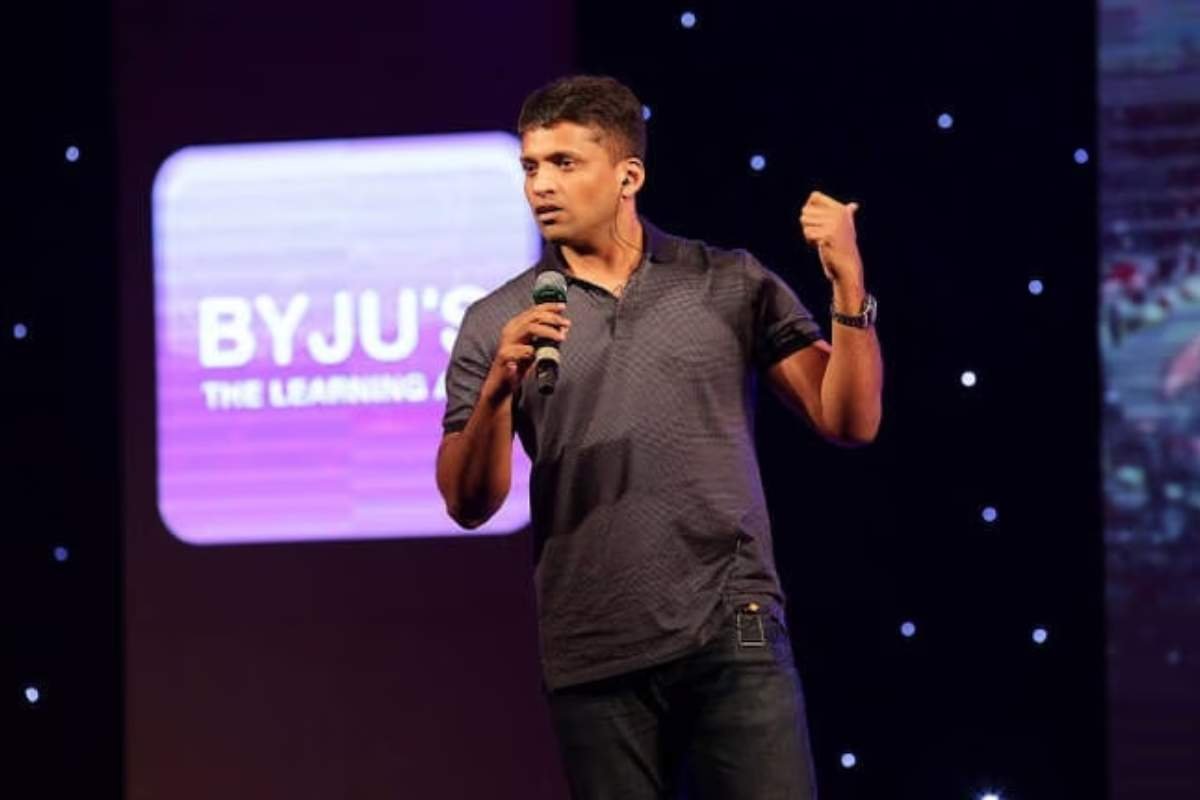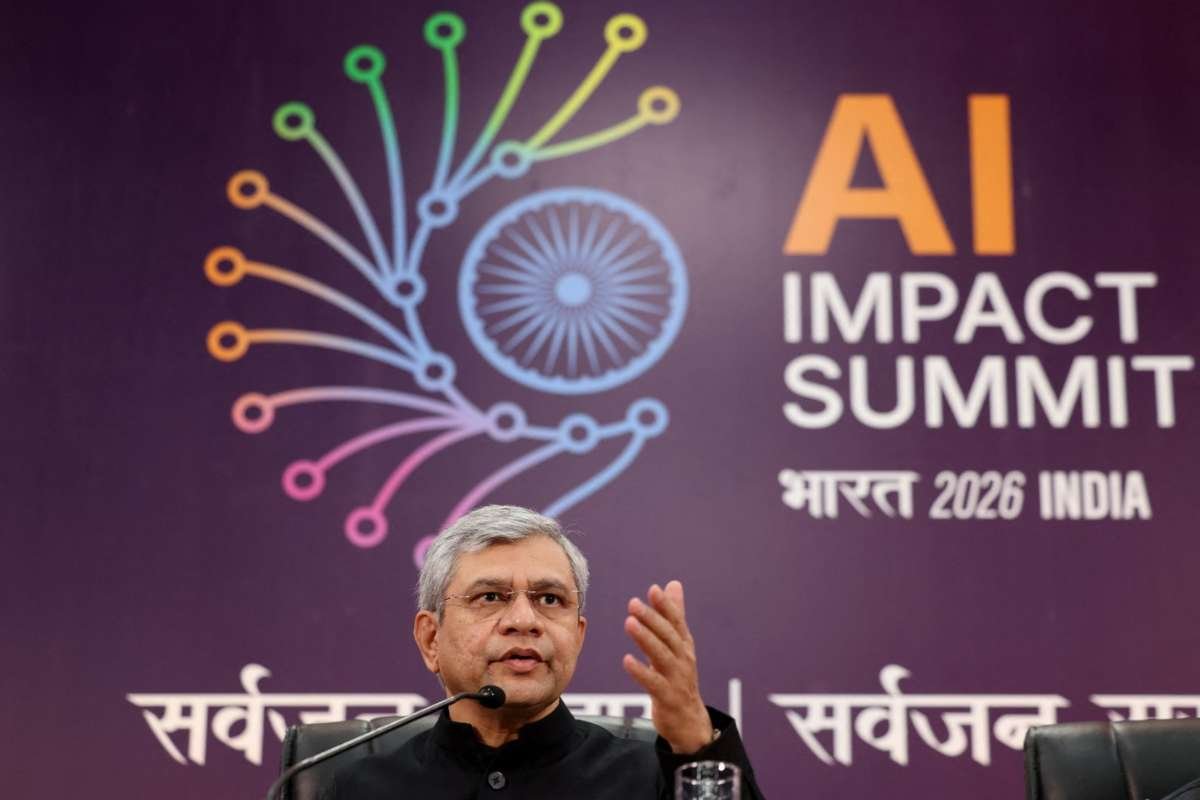A US federal judge has ruled that Byju’s must return control of two valuable education apps that generate approximately $1 million monthly, after they were allegedly transferred unlawfully from US lenders to a third party. The ruling is part of ongoing legal battles between Byju’s, an India-based ed-tech company, and its American lenders. Judge John Dorsey ordered Apple Inc. to restore ownership of the apps to a bankruptcy trustee managing Byju’s US subsidiaries, which include Epic! Creations, Neuron Fuel, and Tangible Play. These apps, used by parents to access educational content, were transferred shortly after the trustee assumed control of these entities. According to trustee Catherine Steege, a “rogue officer” manipulated Apple into changing ownership and revenue control of these apps. The apps have since become entangled in what Steege described as a “catch me if you can” game, as individuals associated with Byju’s allegedly took steps to hide cash flows and source code, hindering the trustee’s authority over the assets.
Byju’s Legal Challenges and Bankruptcy Proceedings
The case stems from Byju’s US financial struggles after defaulting on a debt of more than $1.2 billion. The company’s lenders, who have faced prolonged conflicts with Byju’s in both state and federal US courts, took control of one shell company and forced three other US subsidiaries into bankruptcy. According to court records, Byju’s acquired the American subsidiaries just a few years ago for $820 million, but financial instability has led to this complex legal dispute. The court-appointed trustee, Claudia Springer, is preparing to auction at least two of the units to help settle Byju’s debt with its US creditors. The company’s founder, Byju Raveendran, has maintained that these actions are a response to the aggressive tactics of lenders specializing in distressed assets. Byju’s has also faced opposition in India, where the company is undergoing a separate insolvency proceeding, led by court-appointed professional Pankaj Srivastava. Srivastava has requested that the US court avoid actions impacting Byju’s US units, arguing that the assets should support the company’s obligations in India. However, Judge Dorsey rejected these requests, stating that the US-incorporated subsidiaries fall under American bankruptcy jurisdiction.
Implications and Future Actions in Byju’s Debt Crisis
The legal battle between Byju’s and its lenders underscores the complexities of international bankruptcy cases, particularly when entities operate across multiple jurisdictions. The judge’s recent ruling is a temporary win for US lenders, allowing them to regain control of the high-earning apps within the trustee’s oversight. The next steps include potential auctions of the subsidiaries’ assets to generate funds for repaying the US creditors. This case also highlights ongoing tensions between Byju’s US and its creditors, who continue to pursue repayment amid the company’s larger financial restructuring. The ongoing conflict illustrates Byju’s struggle to address its international debt and could set precedents for handling global insolvency cases.
Did you find this article helpful? Visit more of our blogs! Business Viewpoint Magazine








